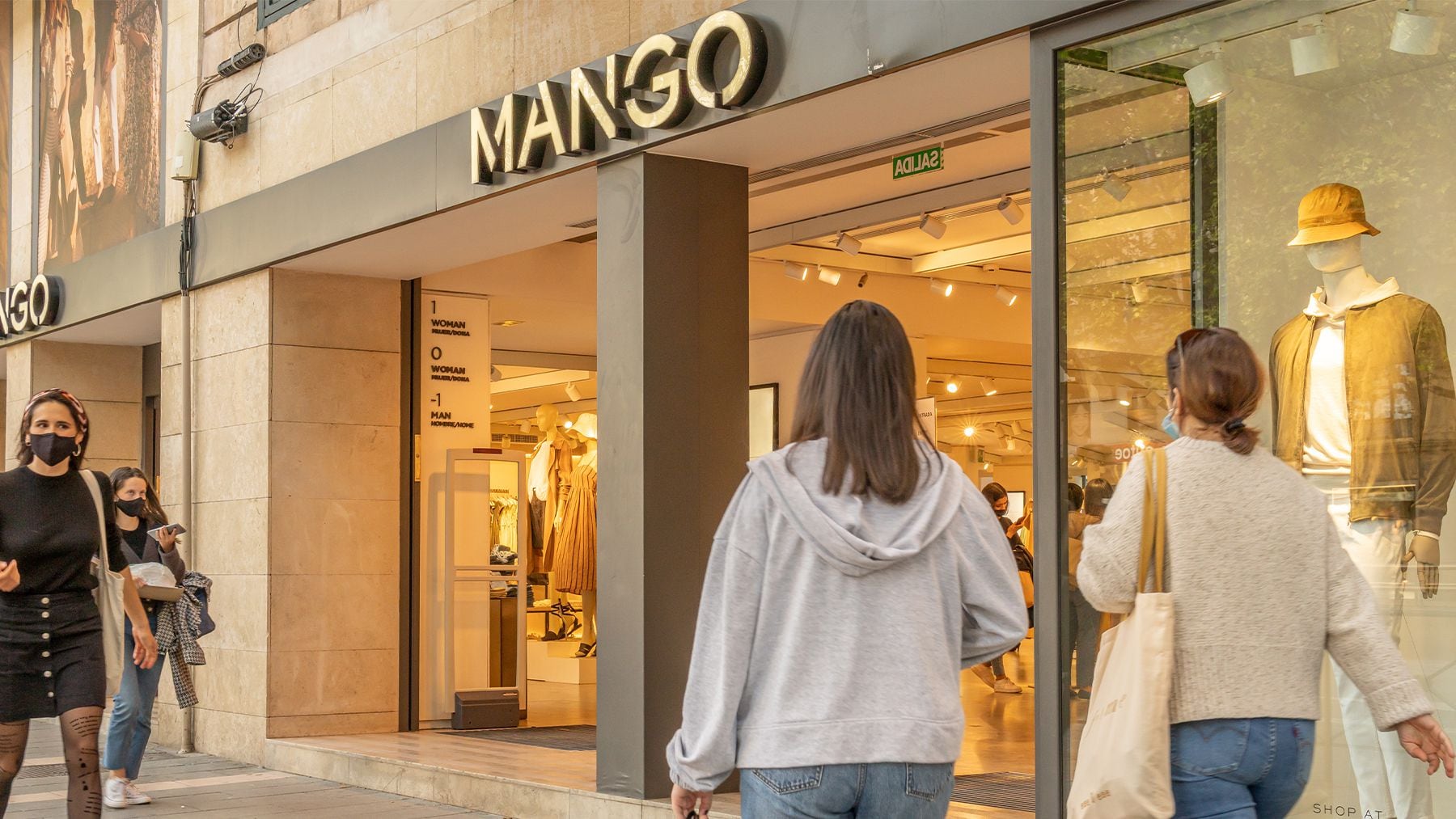
Spanish fashion retailer Mango is focused on expanding into the United States after turning its back on China, chief executive Toni Ruiz said.
Mango returns to the United States – after two previous attempts failed – offering more expensive clothing for special occasions and parties. It will target states where online sales are already strong.
The brand is already gaining recognition in the United States and dressed actress Amber Valletta for the Oscars after-party on Sunday, Ruiz told Reuters.
“Something has changed,” he said in an interview at the company’s headquarters near Barcelona. “They now have a different and better perception of European brands.”
Mango’s relaunch in the United States began with the opening of a flagship store on Fifth Avenue in New York City in May 2022. This was followed by expansion into Florida. This year, it will open stores in Texas, Georgia and California.
The company hopes to have 40 stores in the United States by 2024, up from 10 currently. This would place the United States in its top five global markets.
The growth will be supported by the expansion of a logistics center in Catalonia, allowing it to move 160 million items a year to serve stores and online customers worldwide, the company said.
In contrast, Mango closed its two remaining stores in China last year. It operates four franchise outlets and online sales through Alibaba’s Tmall e-commerce platform.
“We are divesting from China,” Ruiz said. “We find this unattractive and have decided that it is not the priority for the next three years.”
Mango posted record sales last year, helped by more items selling at higher prices. Its biggest rival, the Inditex-owned label Zara, is expected to post record sales on Wednesday, in part due to its aggressive expansion into the United States.
The recent aggressive entry of Chinese fast-fashion brands Shein and Temu into the same market is not a concern for Mango, Ruiz said.
“It’s not our war,” he said. “If you fought with these brands, you would constantly lower the prices.”
By Corina Pons and Charlie Devereux; Editors: Matt Scuffham and Alison Williams
